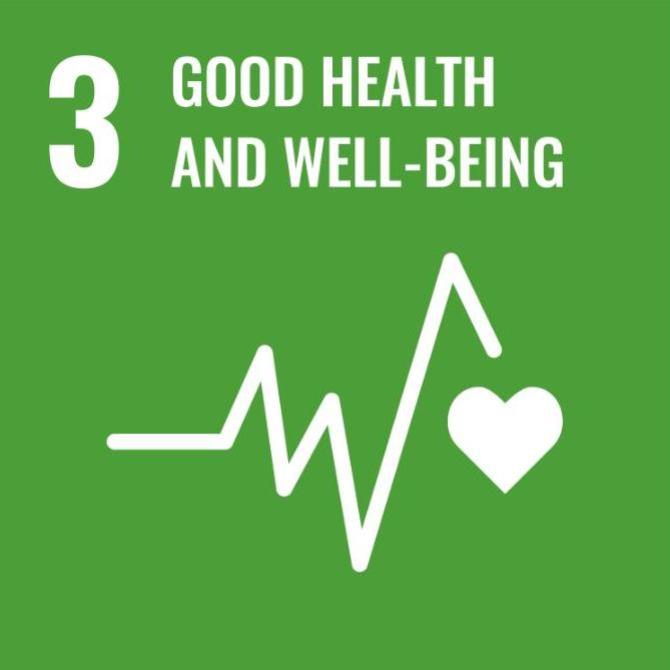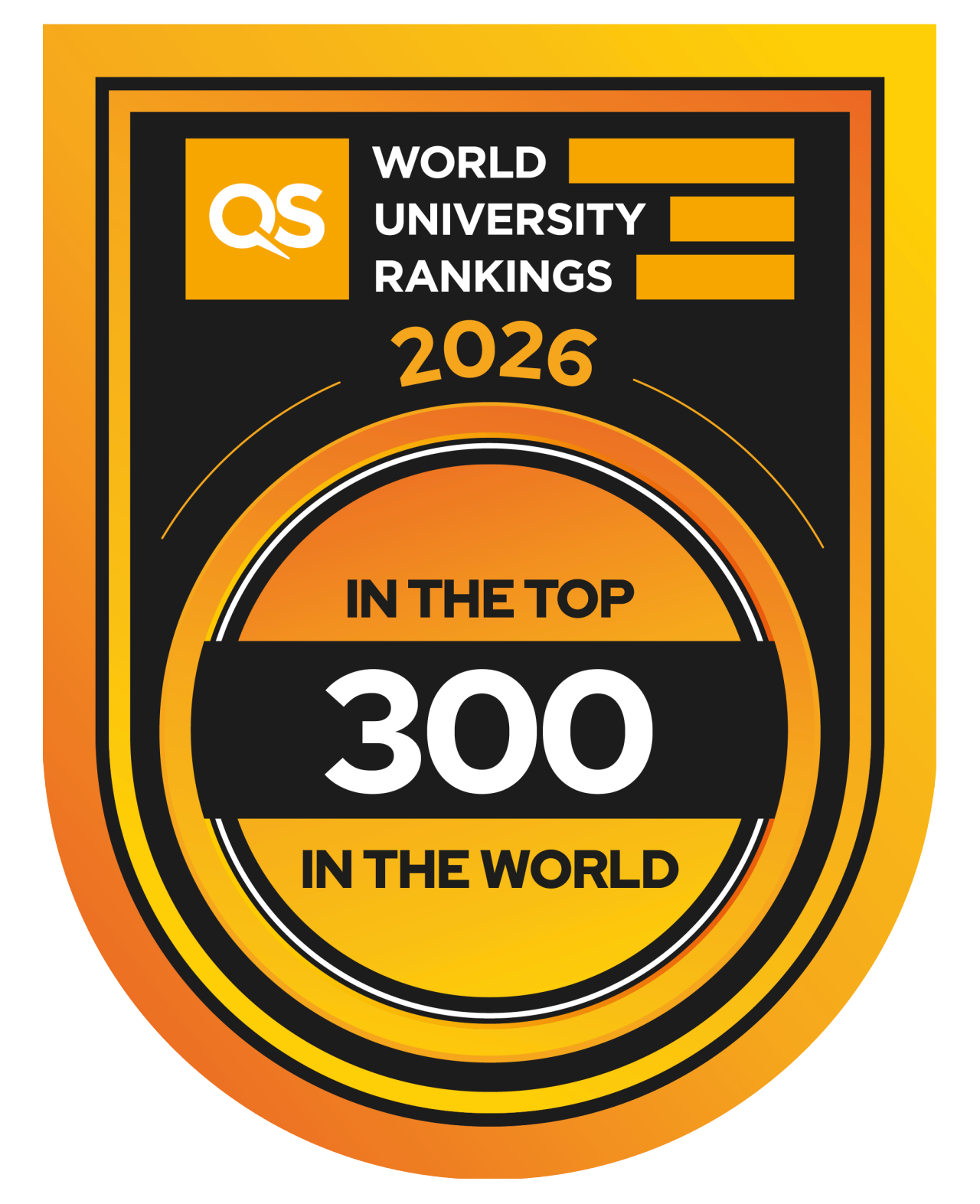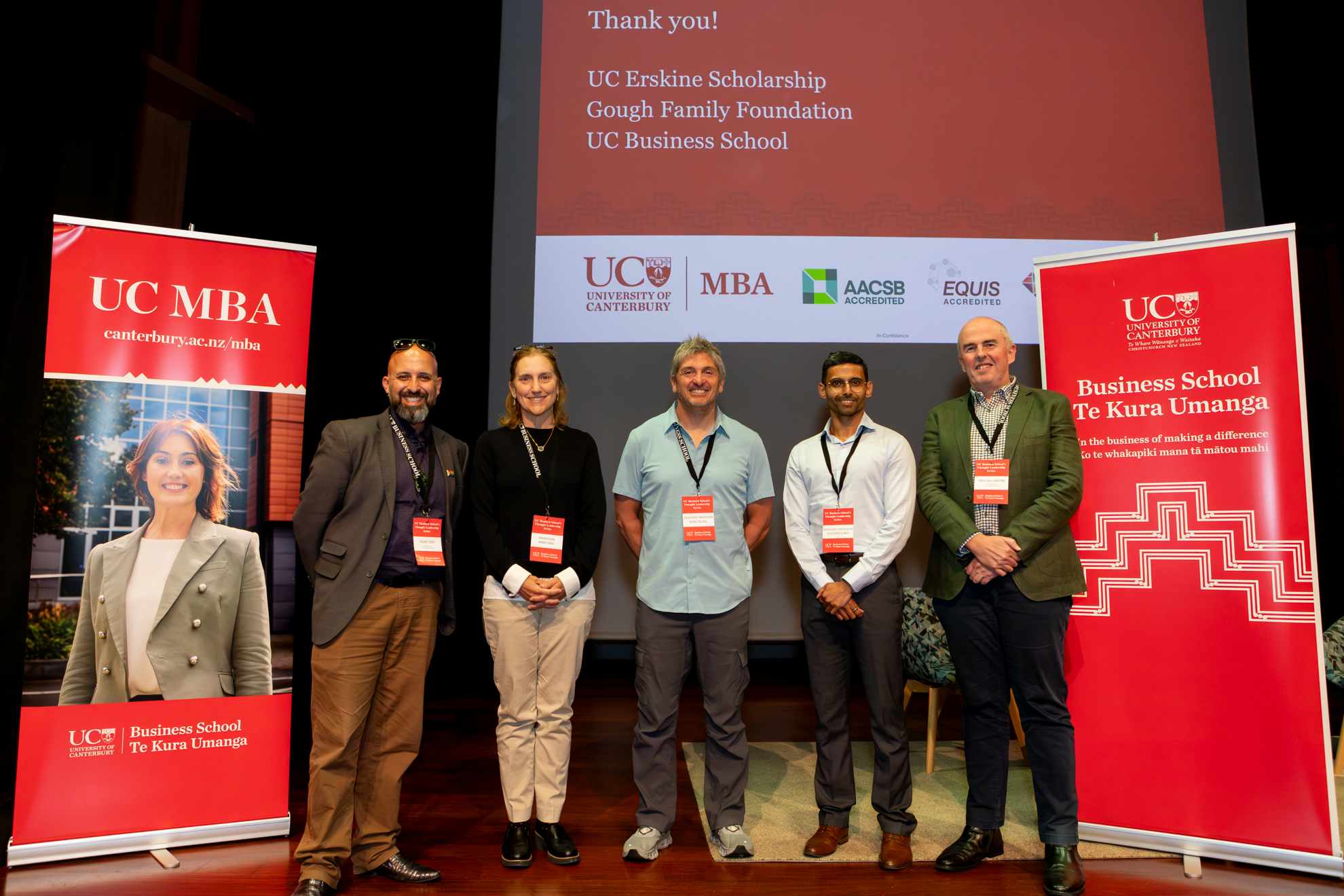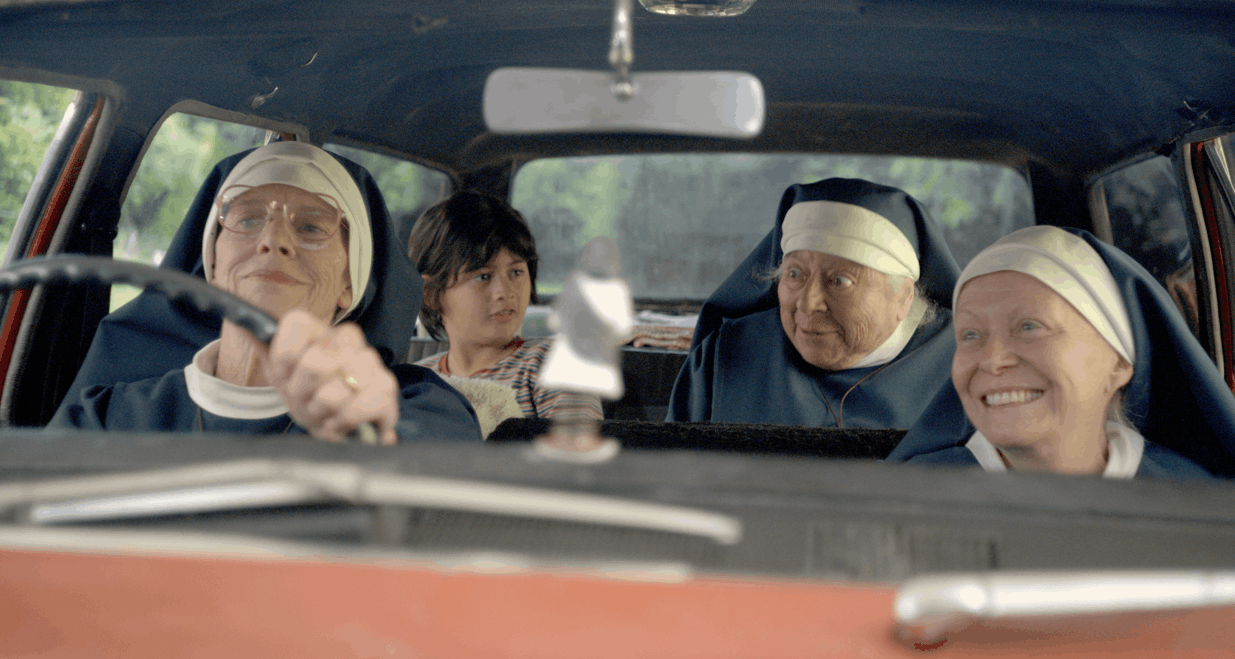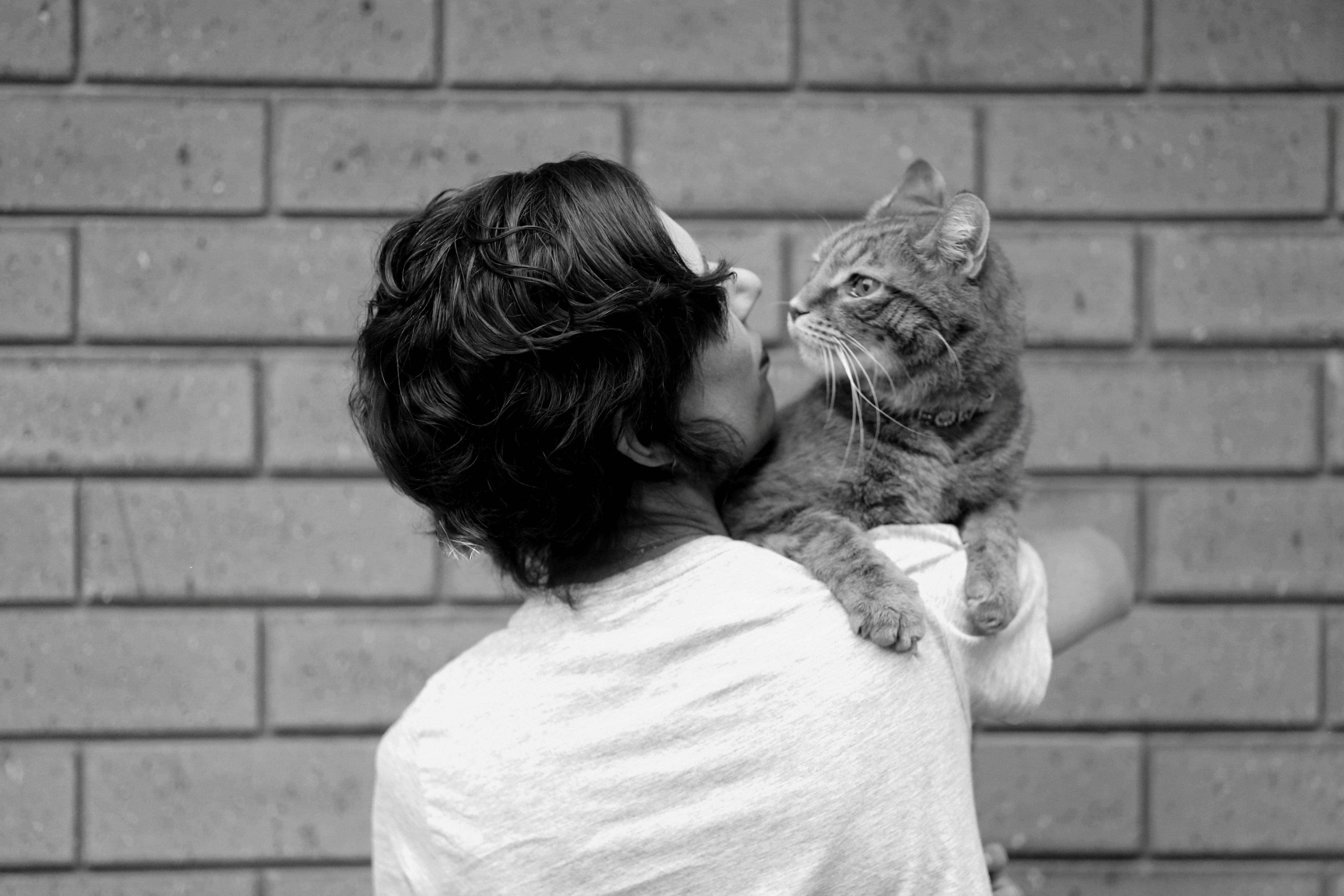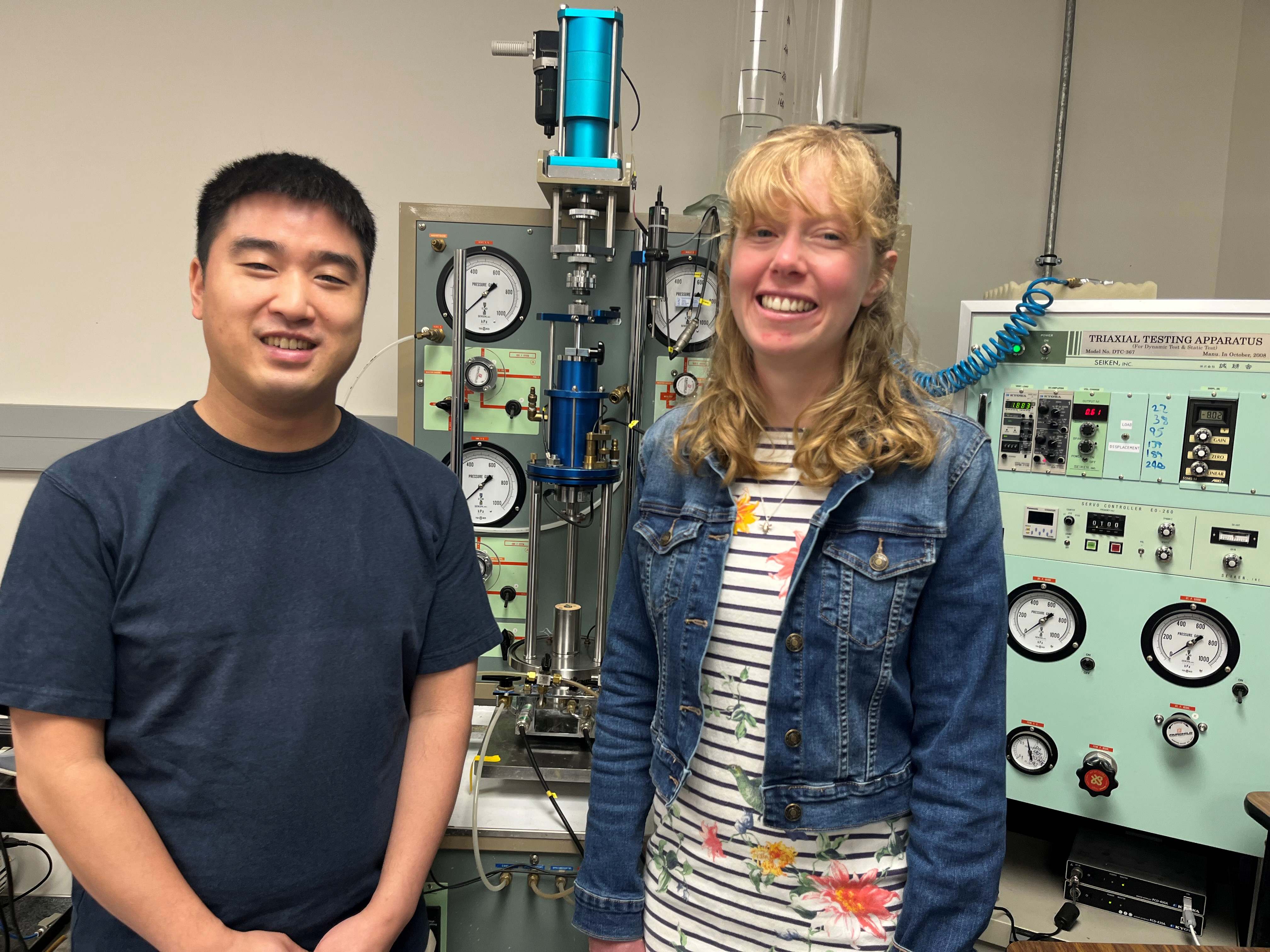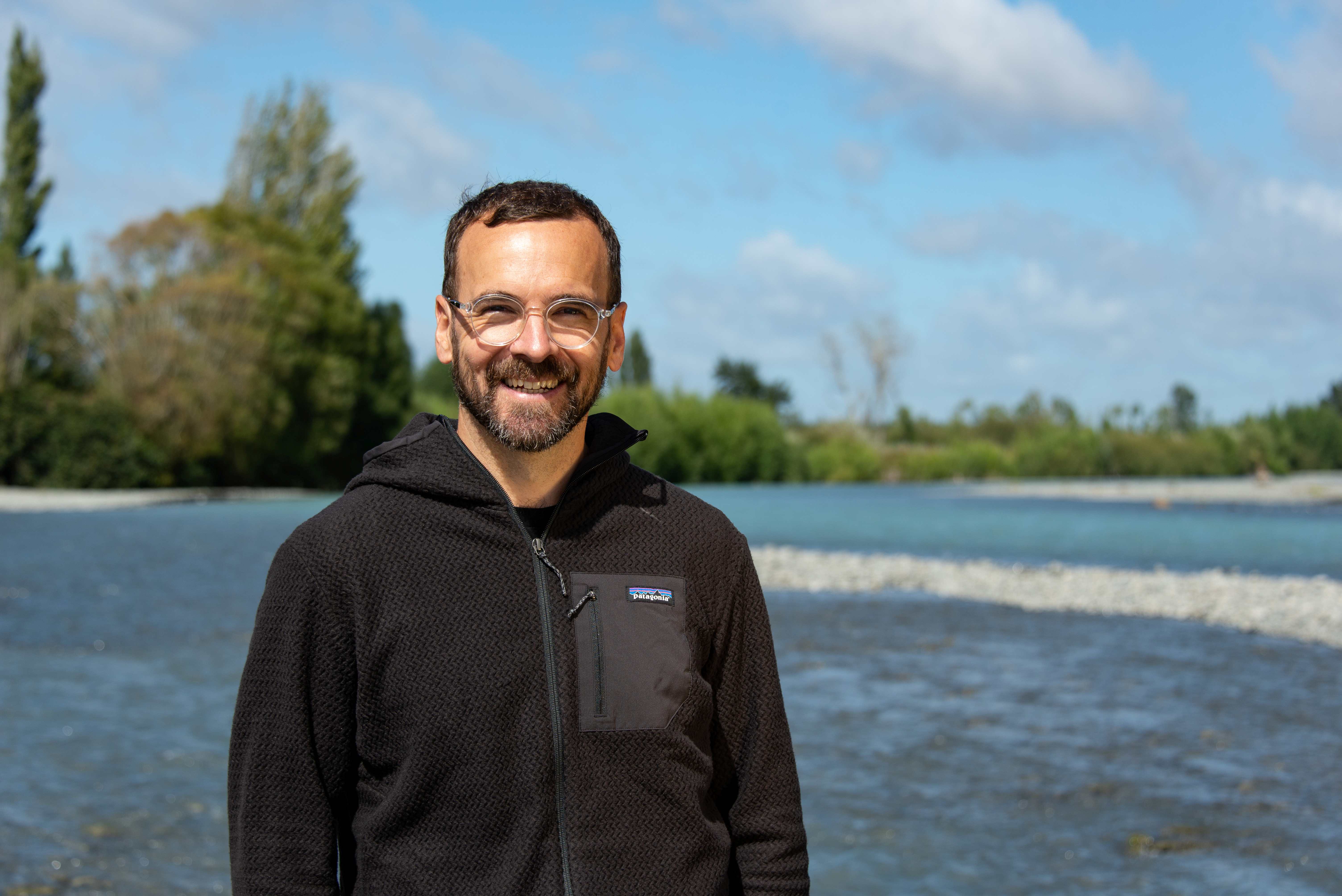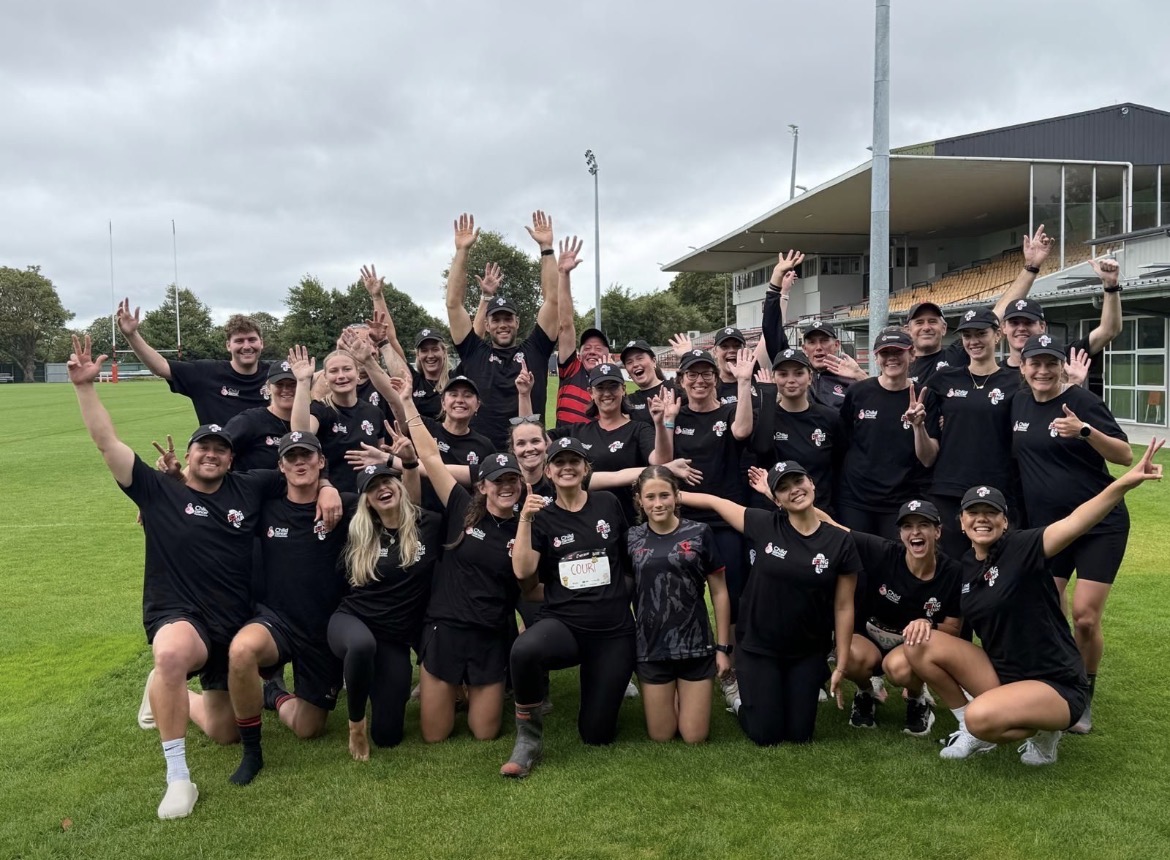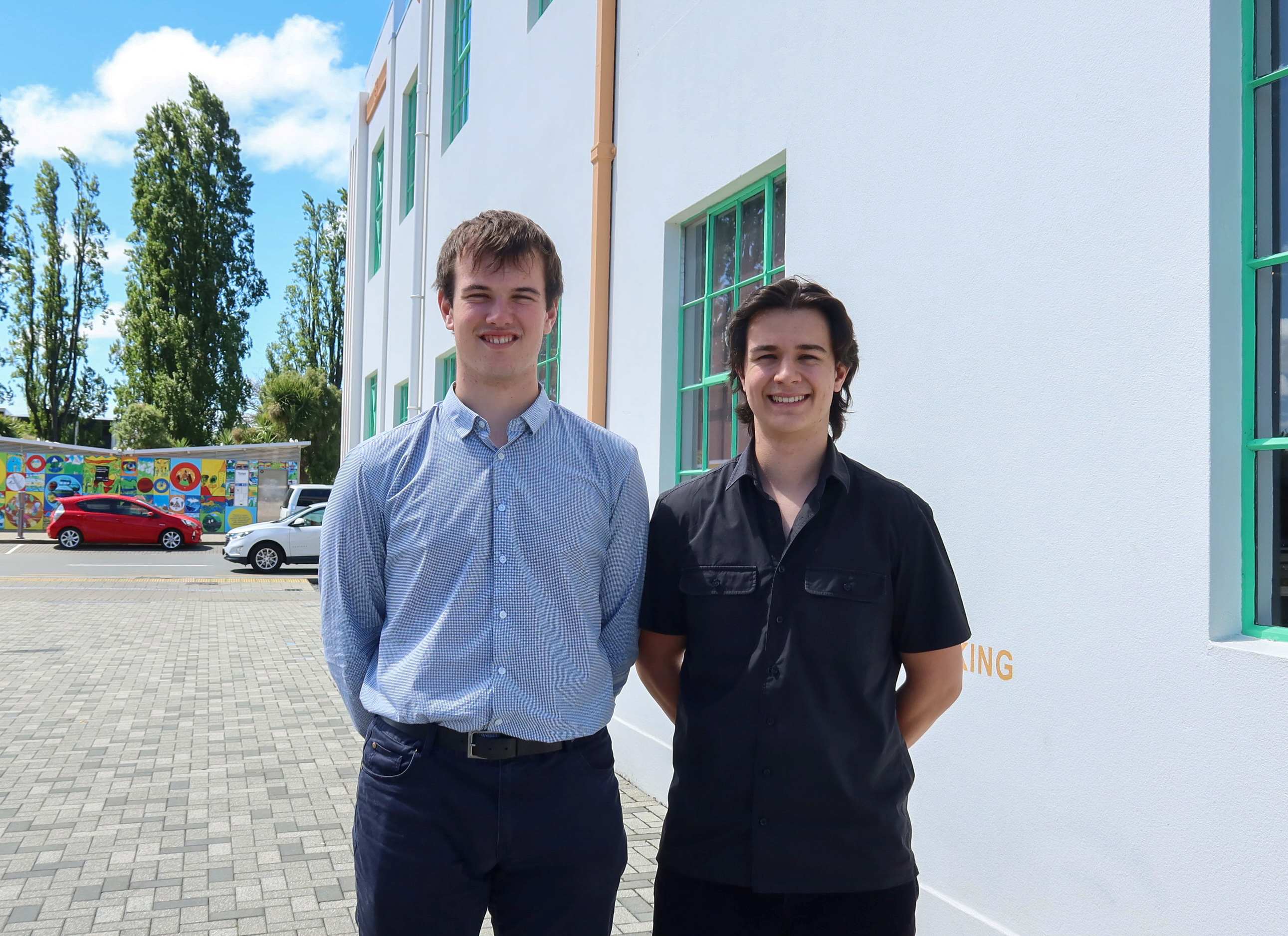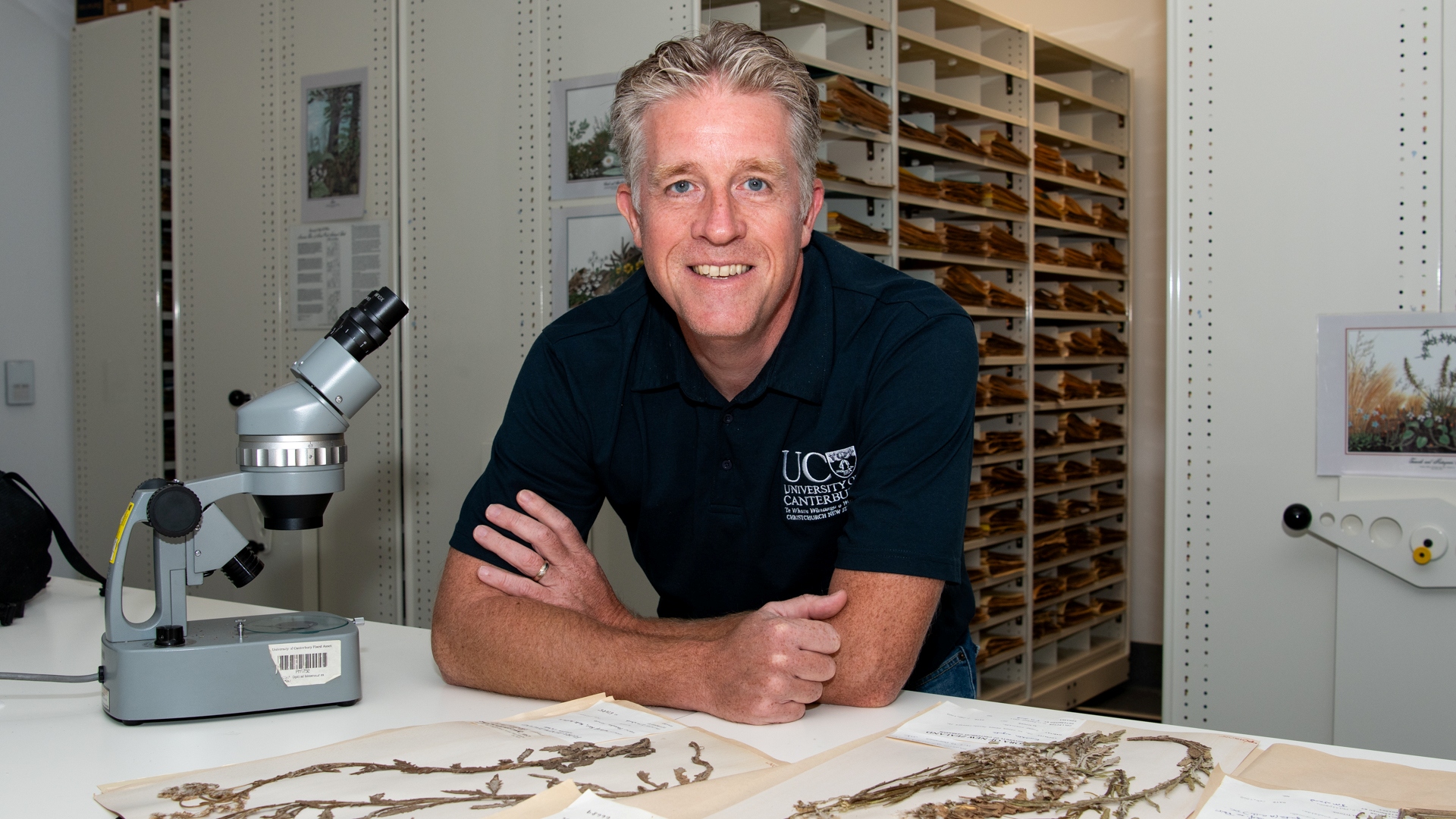Photo caption: The research team includes youth advisors, youth practitioners and researchers (clockwise from bottom left): Yvette Sapatu, Emily Cavana, Jude Crump, Fiona Kay, Jude Cunningham, Jalal Mohammed, Reo Va'a, Taim Lightwood, Rokeni Tofaeono, Jake Aitken, Latu To'omaga, Kaaren Mathias, Becky Mitchell and Meretene Davis.
A new Te Whare Wānanga o Waitaha | University of Canterbury (UC) research project co-designed with youth, and funded by Cure Kids, will investigate how integrated youth health services can improve equity in health outcomes.
“Young people tell us they want services designed specifically for them — where mental health, substance use and physical health needs are treated together in one welcoming space,” says UC Associate Professor Kaaren Mathias, who is leading the two-year study.
“Our aim is to put young people’s voices and experiences at the centre. By understanding what makes these services work, we can help other providers improve access, secure sustainable funding, and ultimately make healthcare fairer for all young people in Aotearoa.”
The research will focus on three key questions:
How do integrated providers offer mental health and addiction care?
What makes mental healthcare truly accessible for young people?
How do integrated providers support better health outcomes and fairness in care?
The project has been co-designed with an advisory group of six young people and eight youth-focused health providers. Young people with lived experience will also be trained and supported to take part in the research as peer interviewers.
UC PhD student Betty Morgan is working with the project, exploring the relationships between young people and providers in primary integrated care settings and how these relationships may influence young people's mental health and addiction outcomes. She will collect data, serve as a member of the youth advisory group, and contribute to publications as a youth researcher.
“When it comes to New Zealand's youth, there is such a strong narrative out there that we aren't contributing, or don't want to contribute, that we don't care about our voices being heard,” she says. “I disagree. I think we are desperately yelling and waiting for a seat at the table.
“Co-design in research provides more than just a seat, it's also a voice that is heard, celebrated, and equal. Your experience could be a PhD, thousands of publications, millions of citations, but it can also be your own experience - and that is incredibly powerful. It recognises the strength, knowledge, and value of everyone in the community.
“My aim as a researcher is to understand, learn about, and find ways to improve systems to improve the wellbeing of young people,” Morgan says.
Working with seven youth health providers — including “youth one-stop shops” across the country — the research will combine service data analysis, interviews and focus groups with rangatahi, and even “mystery shopper” visits from young people themselves.
Cure Kids Chief Executive Frances Soutter says the organisation is excited to see the potential impact of this project. “Our recent State of Child Health report revealed that urgent action is needed to address worsening health outcomes for young people in Aotearoa, which is exactly why Cure Kids is committed to supporting this vital research.”
Source: UNICEF 2021 - Poor mental health in children and young people cannot be ignored (5th Oct 2021).
